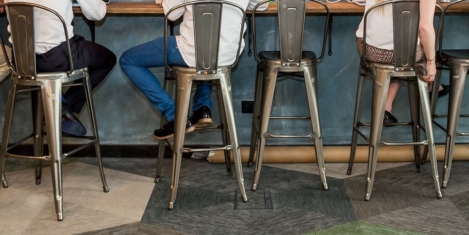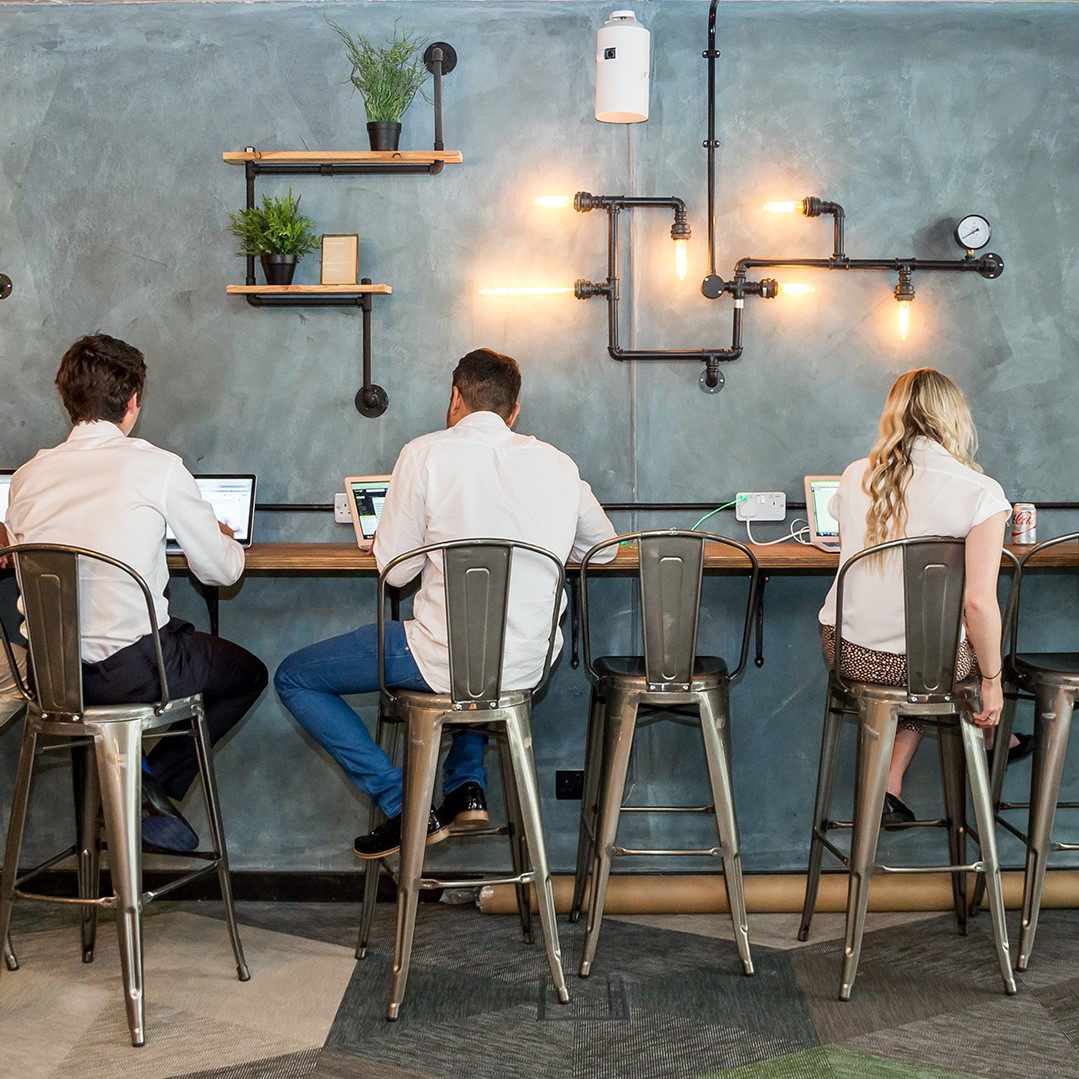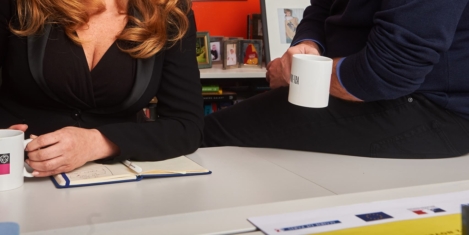January 13, 2020
Other things being equal, this year will see the end of open plan and start of a four day week
 You’ll only get one prediction from me this year and that’s about how all of the other workplace predictions will be cut and paste jobs from the past three decades and more. If you want to take a cynical approach to the whole thing, you’ll find one from your humble servant here. Apart from that, if you only read one set of actual predictions for 2020 or even the Twenties (that’ll take some getting used to), then make it this from an author also jaded and burdened by too many glib pronouncements about work and workplaces in general and the annual parade of predictable predictions in particular. (more…)
You’ll only get one prediction from me this year and that’s about how all of the other workplace predictions will be cut and paste jobs from the past three decades and more. If you want to take a cynical approach to the whole thing, you’ll find one from your humble servant here. Apart from that, if you only read one set of actual predictions for 2020 or even the Twenties (that’ll take some getting used to), then make it this from an author also jaded and burdened by too many glib pronouncements about work and workplaces in general and the annual parade of predictable predictions in particular. (more…)





































January 9, 2020
Putting the responsibility into personal and corporate social responsibility 0
by Mark Eltringham • Comment, Environment, Wellbeing
(more…)